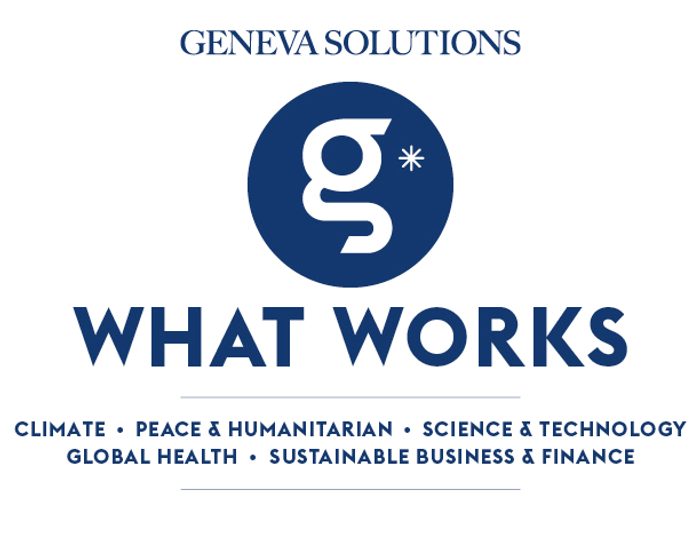Good morning, this is Paula. Earlier this week, the World Health Organization’s chief met with staff and member states to present the latest plan devised by upper management and a US consulting firm to deal with the financial crisis.
Both still appear reluctant about the proposal and whether it will be enough to absorb the blow from the US withdrawal. With many unknowns remaining, I spoke with a Geneva expert who pointed to some major drains on funding hidden in plain sight but that may still be too politically sensitive. |

|

Tedros Adhanom Ghebreyesus, WHO director general, at a press conference with the Geneva Association of United Nations Correspondents, 10 December 2024. (Keystone/Salvatore di Nolfi)
|
|
Tedros Adhanom Ghebreyesus, the United Nations health agency’s director general, met in closed-door sessions on Tuesday – first with staff and then with member states – in what one official source said stretched into a three-hour meeting involving an array of questions as he unveiled his latest plan to condense operations.
According to the plan, the organisation’s current 10 divisions at Geneva headquarters would be reduced to four – down from five in an earlier iteration –, while the number of departments would be cut from 60 to 34.
With the organisation facing a projected payroll deficit of $560-650 million for the upcoming 2026-27 period, many staff members are nervous. A slide presentation shared with Geneva Solutions did not relay their fears. Instead, it charted out the human resource procedures that employees could expect in the reorganisation. No mentions were made of how many people may be affected by staff cuts, but the WHO chief said they will begin with the executive management branch, “even though these are very painful decisions for us”.
“It has been very top down and people are pissed,” one staff member who had attended this week’s meeting said about the decision-making process.
Read the full story on Geneva Solutions.
|
|
|
💵DIRECT FUNDING IN DARFUR.
While many aid groups have had to drastically wind down operations in the region due to USAid funding cuts, Médecins Sans Frontières has decided to double down in Darfur.
Moving beyond its core medical relief work, MSF has been providing cash hand-outs to local civil society organisations, including school-feeding projects and community kitchens for internally displaced people.
With $15,000, local groups have been able to feed more than 10,000 beneficiaries. “It has a huge impact on people’s lives,” a medical doctor working with MSF told PassBlue, about the relief effort in the contested Sudanese region.
The Geneva-based organisation, which received much of its funding from private donors, said that the decision to offer cash transfers came from scarcity, as other actors providing the support were no longer there.
📖Read our past coverage on Darfur
|
|
Here's what else is happening
|
|
GS news is a new media project covering the world of international cooperation and development. Don’t hesitate to forward our newsletter!
Have a good day!
|

|
|
Avenue du Bouchet 2
1209 Genève
Suisse
|
|
|
|








